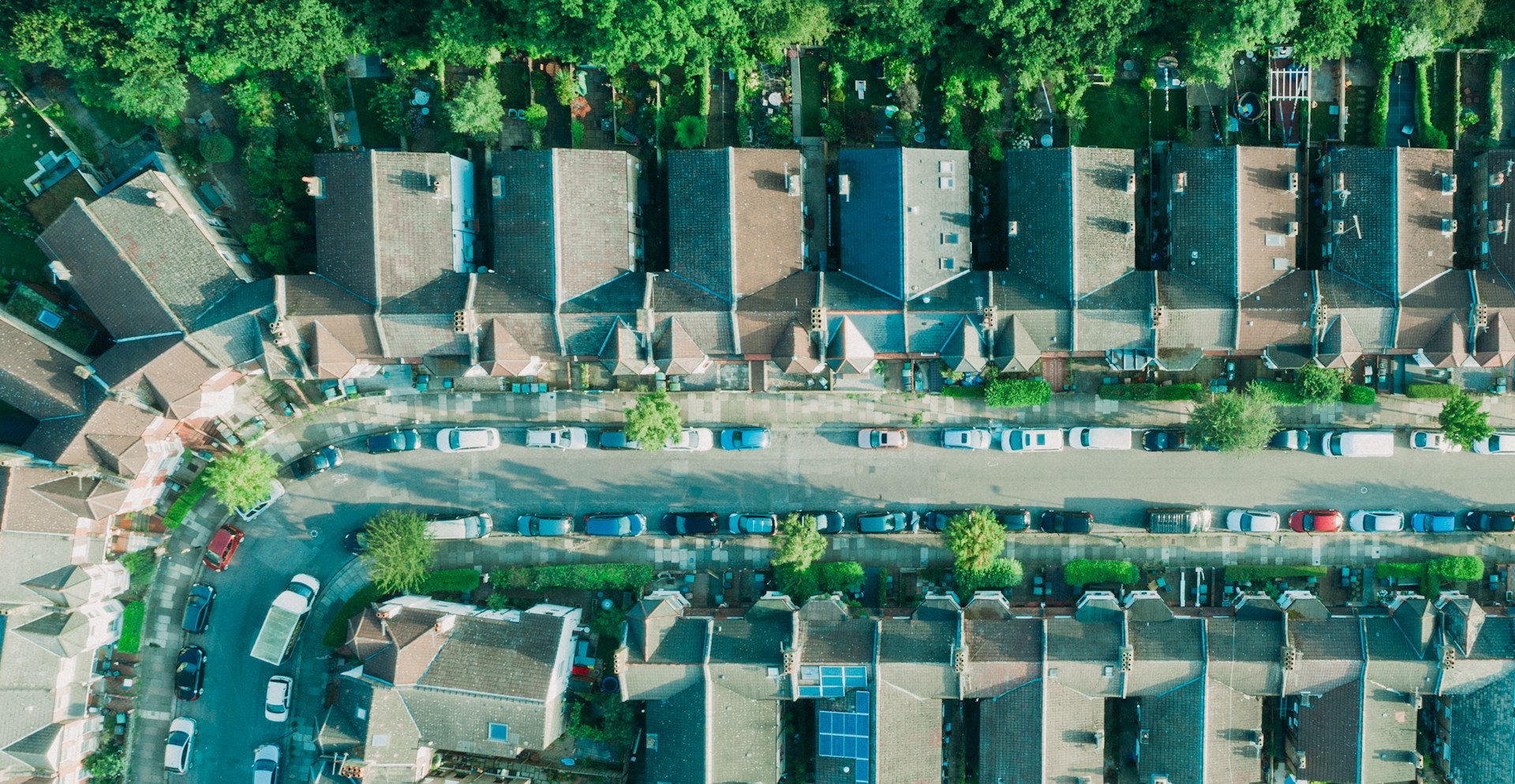From the outset, smart meters were always seen as a key enabler on the journey to a smarter, greener system.
The Data Communications Company (DCC) is responsible for designing, building, and running the communications infrastructure that underpins the smart meter roll out. After almost eight years as Chief Executive, it is clear to me that this role is more important than ever before.
The new Government has ambitious plans to accelerate decarbonisation and drive social good. This will require a smarter energy system; to help balance intermittent supply with increasingly electrified demand; to identify and coordinate the many millions of decentralised assets and connected devices in consumers’ homes; and most importantly to do all this in the most cost- effective way for those who need it most.
The smart meter network is a strategic national asset, offering unparalleled reach and inherent security. It can play a central role enabling the policy implementation and market innovation required to achieve these goals.

Today, the network supports over 30m meters in almost 19m premises. Operational performance is exceptionally strong, and we have made significant progress maturing as an organisation.
Our progress has only been possible through close collaboration with our customers, our suppliers, the Government and Ofgem.
Our recent IoT Breakthrough Award, for Alliance of the Year with Vodafone, is testament to the power of collaboration in solving our collective challenges, with the 4G Communications Hubs and Networks programme most evident.
Due to go live in 2025, it is essential this is delivered right first time, as the industry seeks to mitigate the impact of switching off 2G and 3G. In support of DCC’s efforts to deliver right first time, there will be an increasing focus on the adoption of common standards across the service lifecycle. This will be complemented by clearer links between and across different service families, from first-generation SMETS1 meters to SMETS2 and beyond, driving greater understanding and transparency.
As more of the current programmes move into in life operations and updated technology architecture enables a greater pace of change, DCC will be able to offer faster and more flexible services. Central to this is the continued progress on the reprocurement of the Data Service Provider (DSP), the smart metering network’s core messaging platform. This will enhance customers’ experience of the network and ensure they, and others, can unlock its transformative possibilities.
Secure and stable performance is the bedrock on which this experience is built.
Operational performance in both smart metering and switching has consistently surpassed industry and internal targets, with 99.6% and 99.98% availability respectively. DCC’s security posture continues to be recognised as leading class, with the Security Operations Centre (SOC) now one of fewer than 50 such operations in the world to have CREST security certification. Yet there is further work to be done. For example, further development of a future connectivity strategy to address the less than 1% of premises not covered by the Wide Area Network and to deliver sustainable connectivity into the 2040’s and beyond.
DCC will need to deliver all of this while driving further efficiency. As a licensed monopoly, it is imperative DCC demonstrates value for British consumers. In parallel, to continue delivering strong performance, DCC employees need and deserve a compelling and engaging career choice, for which I’m delighted that the DCC was named among the Top 10 most inspiring workplaces in the UK & Ireland.
The next five years will mark a change in the DCC, with Ofgem working through the details of the future licence. While still consulting, the regulator has made clear the core principles that will underpin the future DCC, including not for profit status and a move to an ex-ante cost control.
DCC strongly support these changes. Some of these, notably the move to ex-ante, will mark a fundamental change in the way DCC operates. Importantly, Ofgem is clear that the DCC’s mandate and operational model will remain in place, ensuring that smart metering can continue to act as a platform for policy implementation.
The past year has seen increasing calls for smart metering, and the data it generates, to enable greater public value.
From helping to combat fuel poverty, to accelerating retrofit of cold and damp homes, and enabling system wide flexibility for a net zero power system, smart metering can play an important role. Already built and highly performing, smart metering can accelerate delivery when we need real change and do so cost effectively when household and public finances remain tight. With my time as CEO now almost at an end it will fall to a new Chief Executive to lead the organisation as it transitions through licence renewal and to continue the realisation of a smart energy system.
If we are to realise the true promise of smart metering, then we need to build on the ideas first conceived in the 2000’s, and initiated and acted upon during the 2010’s. Only then, will we have a digital energy system capable of sustaining the smarter, greener lives of the 2020’s and beyond.
See our interactive Business Development Plan for 2024/25, or download the full PDF version now.
You may also like






